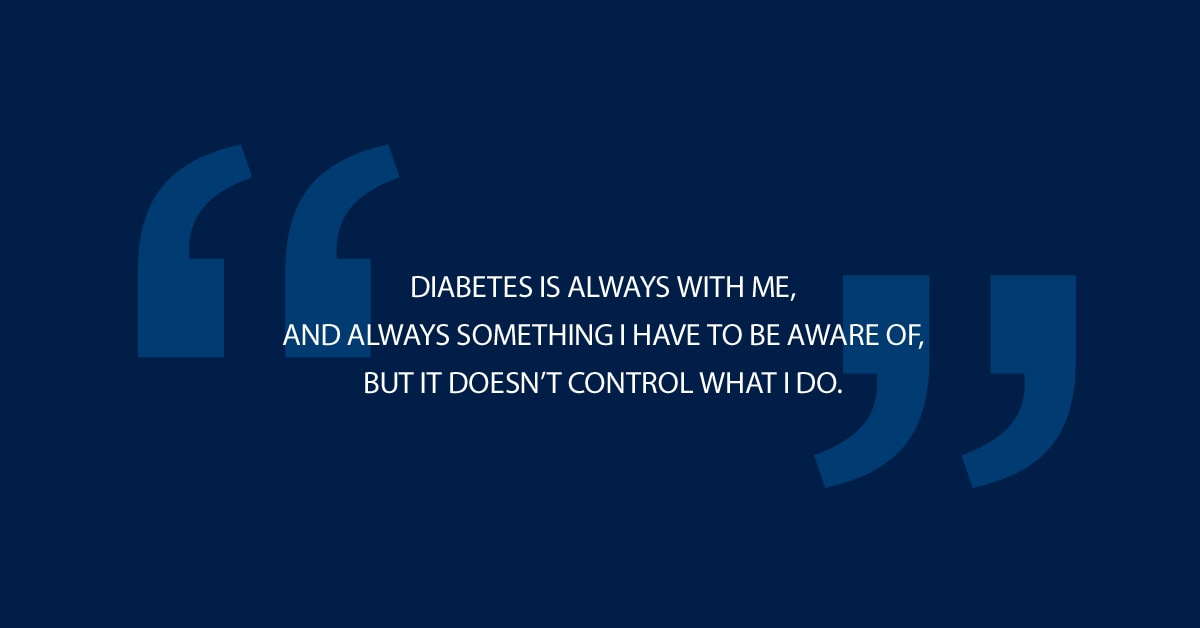Taking on your own insurance plan after the age of 26

As you make your way through your early twenties, either pursuing a degree or starting your career, some of you may have been able to use your parent’s insurance plan to help manage the cost of treating diabetes. After all, insurance for diabetes is one of the most important ways to ensure you can keep up with the treatment plans your healthcare provider prescribes.
At the age of 26, however, it is no longer legal for you to remain on your parents’ insurance plan. Thankfully, new laws prevent insurers from charging more or denying coverage for people with preexisting conditions like diabetes. This should make your path to obtaining insurance for diabetes that much easier.
Please consider these few steps that will help you find the insurance coverage you need to stay healthy.
The Multiple Paths to Insurance for Diabetes
The world of personal insurance will likely look different depending on your situation. For instance, people with diabetes employed full-time at a business that provides insurance can simply move to that plan. Here’s what to consider when transitioning to your own personal insurance:
- To avoid any gaps in coverage, enroll in a new plan while you still have your parents’ insurance. If you don’t, you will have to wait until the first of the month after picking your new plan to receive coverage. This is especially important for those living with diabetes to remember, as many cannot afford to go a month without insulin or other medications.
- If you age out of your parents’ job-based plan, you can start enrolling in health insurance 60 days before your plan expires. You will have another 60 days after it expires to find the plan for you.
- You will be eligible to remain on your parents’ plan for the full year you turn 26. That means you can stay on your parents’ plan until December 31 even if your birthday is on January 1 of the same year.
-
If you remain your parents’ tax dependent when coverage ends on December 31, you will not be eligible for premium savings based on your income, but you may still qualify for Medicaid along with any private insurance for diabetes you may choose.
How To Advocate for Yourself at Work
Even with legal protections for pre-existing conditions, obtaining and keeping insurance for diabetes can still be a different experience than others might have. If you are going to enroll in your company’s plan, it would be helpful to share you live with diabetes so you can discuss your options with your human resources manager or insurance representative.
Don’t wait to get the answers you need about what medications, devices, etc. your employee plan covers. Be proactive and remember that employers are required to accommodate you — they can’t discriminate against you by offering you different plans or benefits from other employees. While your healthcare team is on hand to help you, they can’t interact directly with your company. It’s important to take matters into your own hands and do the research necessary to advocate for yourself.
Ask your company’s insurance representative for comparison prices between brand name and generic medications. Ask whether or not your insurance will cover devices like insulin pumps and insulin pens. Do this while you are selecting policies so you aren’t surprised when you need a replacement down the line.
The easiest way to get insured is to find a job likely to offer insurance. Many office jobs, for example, offer insurance to their employees as a benefit upon hiring. Considering how employment may affect your insurance status, which can help you keep up with treatment over the long term and improve your quality of life.
Learning More About Insurance
Figuring out insurance for diabetes can be complicated, but a little research can go a long way. Check out this list of terms for more information on what the verbiage in your plan actually means. The American Diabetes Association also has a list of resources for anyone looking to find assistance getting their medications covered, as well. While insurance isn’t always the most exciting topic, doing the work before your 26th birthday means you won’t have to worry about coverage in the future.



